LATVIJA.FM
Ģederts Frīdrihs Štenders: Enlightenment in the Latvian Language
In an age when Latvian was considered little more than a language for field work and sermons, one man dared to believe it could be a vessel for science, culture, and rational thought. Ģederts Frīdrihs Štenders, a Lutheran pastor and scholar of the 18th century, was not only a pioneer of Latvian literature but one of the earliest advocates for educating the Latvian peasantry in their own tongue. His legacy as a writer, linguist, and Enlightenment thinker set the intellectual groundwork for the cultural awakening that would follow nearly a century later. Through fables, dictionaries, textbooks, and poems, Štenders opened new doors of understanding—both linguistic and philosophical—for generations of Latvians.
A Clergyman with a Vision
Born in 1714 in the Duchy of Courland, Ģederts Frīdrihs Štenders grew up in a German-speaking environment but developed a deep fascination with the Latvian-speaking peasantry around him. Educated at the University of Halle in Germany, he was shaped by the Enlightenment ideals that emphasized reason, education, and the dignity of all human beings. Upon returning to Latvia, Štenders entered the Lutheran ministry—but unlike many of his contemporaries, he saw his pastoral duties not just as a religious calling but as a chance to uplift the minds of Latvian villagers.
Making Science Speak Latvian
Štenders is perhaps best remembered for his groundbreaking textbook "Grāmata latviešu bērniem" ("A Book for Latvian Children"), published in 1774. It was more than a reading primer—it was a window into the Enlightenment. The book explained the laws of nature, arithmetic, geography, and basic philosophy in simple, clear Latvian. Štenders believed that Latvian peasants, though uneducated, were fully capable of grasping complex ideas if given the chance in their own language. In doing so, he made knowledge more democratic—and sowed the seeds for a future national awakening.
The Father of Latvian Lexicography
A true linguistic pioneer, Štenders also compiled one of the first comprehensive German-Latvian dictionaries. His "Latviešu valodas vārdnīca" was not just a utilitarian glossary; it was a carefully constructed bridge between worlds. At a time when many Baltic Germans viewed Latvian as a primitive dialect, Štenders treated it with scholarly respect. He systematized its grammar, explored its poetic structure, and made it usable for scientific and philosophical writing. His linguistic work preserved words, idioms, and folklore that might have otherwise been lost.
The Poet of Common Wisdom
Štenders was also a writer of fables, drawing inspiration from Aesop and the European Enlightenment tradition. His "Fabulas un stāsti" ("Fables and Stories") were moral tales written in Latvian, designed to teach critical thinking and ethical behavior through everyday examples. Animals spoke with clever wit, peasants questioned authority, and the common reader was invited to see the world with sharper eyes. These works elevated folk wisdom and showed that morality and reflection were not exclusive to the educated elite.
Bridging Two Worlds
As a Baltic German clergyman and Enlightenment thinker who chose to write in Latvian, Štenders stood at a unique cultural crossroads. He was both insider and outsider—an advocate from within the ruling class who earnestly sought to serve and elevate the lives of the rural Latvian majority. This position sometimes left him isolated, misunderstood by his German peers and regarded with suspicion by conservative factions. But it also gave him the freedom to experiment, educate, and lay a foundation for a Latvian intellectual tradition.
Legacy of an Enlightened Mind
Ģederts Frīdrihs Štenders died in 1796, long before the Latvian national movement took full shape. Yet his spirit permeates its every milestone. He proved that the Latvian language could articulate the wonders of nature, the logic of science, and the nuance of poetry. He empowered generations of Latvian speakers to think, read, and question in their native tongue. Today, he is remembered as a father of Latvian secular education, a champion of literacy, and a symbol of what happens when enlightenment meets compassion.
